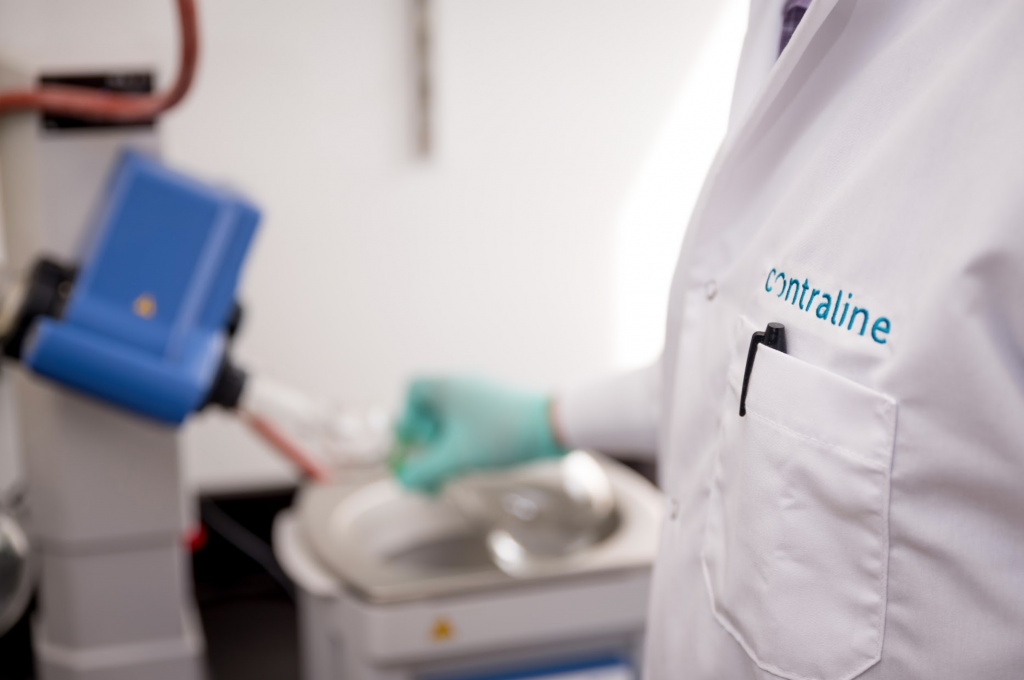
Contraline has announced that participants in the First-in-Human clinical trial of ADAM have reached the 24-month mark with positive safety and efficacy outcomes. The clinical-stage male contraception company reported that two trial participants achieved azoospermia (absence of sperm in ejaculate) at 24 months from an average baseline sperm concentration of 81.5 million/mL.
ADAM is a water-soluble, biocompatible hydrogel that is implanted in the vas deferens to block sperm transport. The contraceptive is designed to offer a long-lasting yet reversible alternative to condoms and vasectomy, addressing a significant gap in available male contraceptive options.
The company reported that additional participants remain in the trial with ongoing efficacy observed at 12, 15, 18, and 21 months, measured through both laboratory-based semen analysis and at-home sperm testing. According to Contraline, no treatment-related serious adverse events have been reported in the study.
“Our goal was to create a male contraceptive option lasting two years, responding directly to consumer needs,” said Dr. Alexander Pastuszak, Contraline’s Chief Medical Officer. “These findings confirm that ADAM, our novel water-soluble hydrogel, can achieve the intended lifespan. We remain optimistic about its safety, efficacy, and reversibility, and its potential to give men and couples greater reproductive control.”
The observed adverse events were described as consistent with the expected treatment profile, similar to a no-scalpel vasectomy, with no unexpected safety concerns reported. Additional data from The ADAM Study were presented at the American Urological Association meeting on April 26th, 2025.
Contraline also announced receiving full regulatory approval to initiate its Phase 2 (Early Feasibility) clinical study in Australia, scheduled to begin in the third quarter of 2025. This study will build on the safety and feasibility results from the First-in-Human trial.
ADAM remains an investigational device that has not yet received authorization from the U.S. Food and Drug Administration or any other regulatory authority. It is currently available only for investigational use in approved clinical trials. The development of ADAM represents part of a broader trend in reproductive health innovation, as researchers and companies work to expand contraceptive options beyond the limited choices currently available to men.



